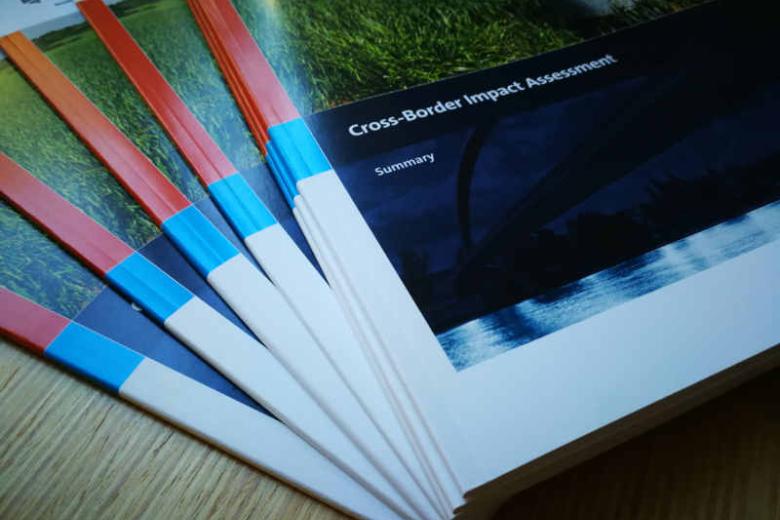master_nina_ferreira.pdf
(1.09 MB, PDF)
… 5 G. V. Puig G. & B. Al- Haddab, ‘The Common Commercial Policy after Lisbon: an Analysis of the Reforms’. European Law Review 36, 2011, p. 289. 6 D. Thym, ‘Parliamentary Involvement in European International Relations’ in M. Cremona & B. de Witte, EU Foreign Relations Law. Constitutional Fundamentals. Portland, Oregon: Hart Publishing, 2008, p. 203. 7 A. Dashwood et al., Wyatt and Dashwood’s European Union Law. Sixth Edition. Oxford: Hart Publishing, 2011; M. Romaniello, The international role of … Relations Law of the European Communities. Oxford, Claredon Press, 1996. 53 R. Schütze, 2012, p. 207. 54 It is generally the Commission that is the European negotiator for international agreements. Where the international agreement covers Common Foreign and Security Policy matters however, the High Representative of the Union for Foreign Affairs and Security Policy becomes the negotiator. 55 Case C-658/11 European Parliament v European Commission (Pirate Transfer Agreement) [2014], not … and all relevant meetings in the negotiation stage. Drawing a parallel to the unilateral dimension, one could argue that the Parliament is trying to copy the trilogue negotiations to the bilateral dimension. In the trilogues, the three institutions exchange their views on the most controversial issues and try to find early compromises. Here, it seems that the Parliament tries to develop a similar situation. The situation is still quite different as regards the participation of the MEPs, as the …



